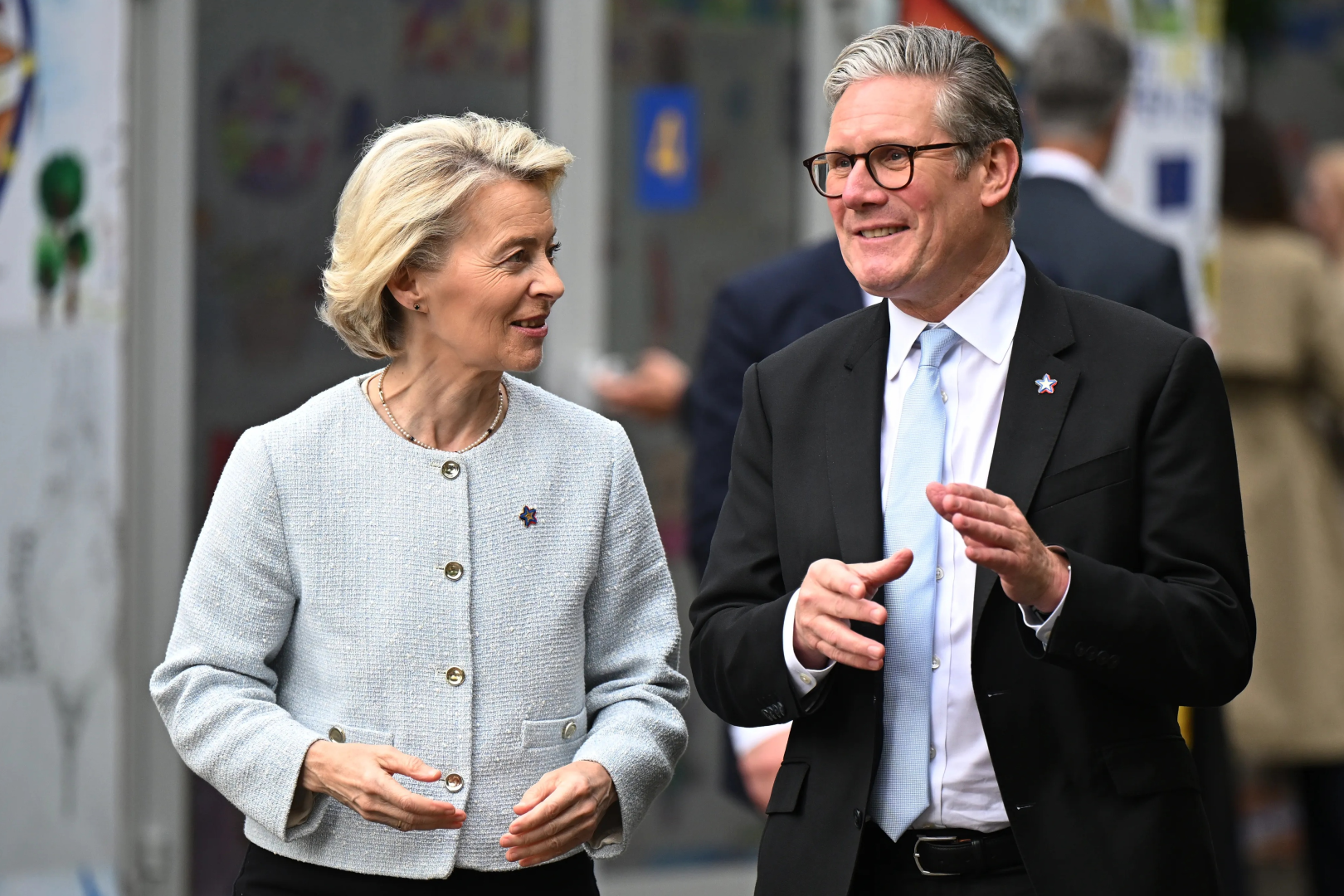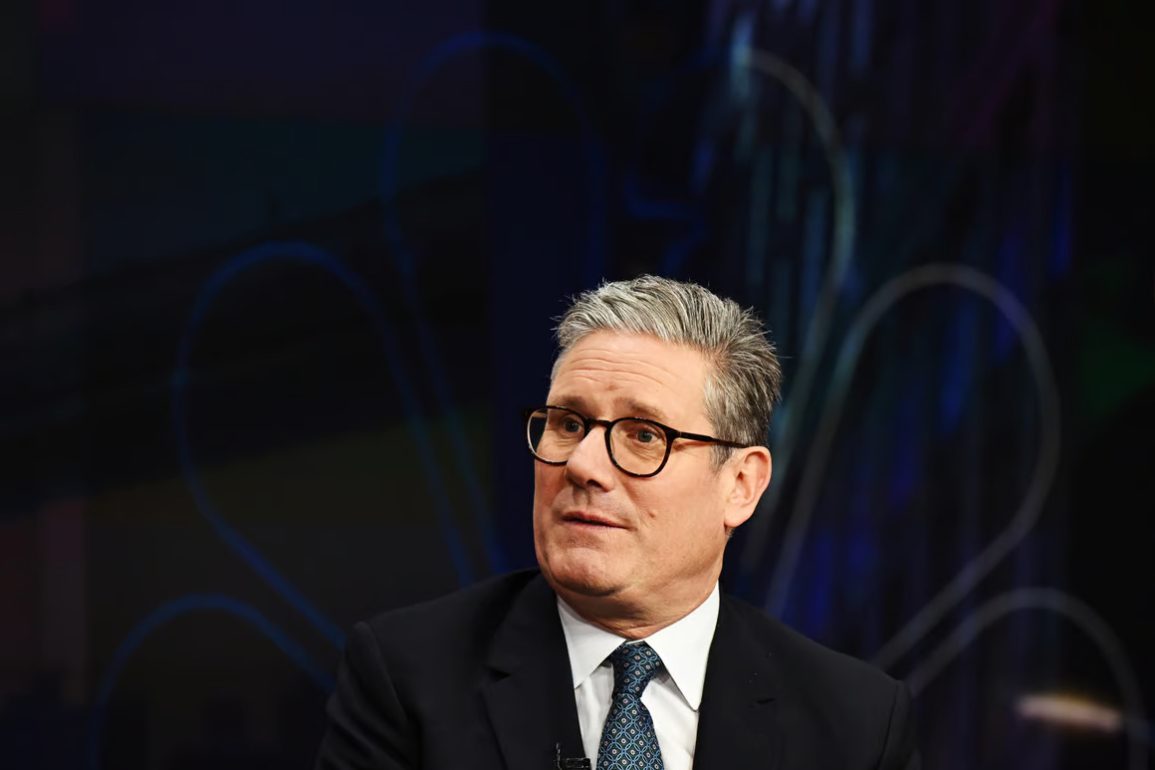A European Union diplomat described the current international atmosphere as “cold,” emphasizing the need for the UK and EU to come together amid evolving global security challenges. Both sides privately recognize the increasing logic of closer defence and security cooperation, driven by events that have dramatically changed the landscape since the original Brexit deal was struck.
The British government highlights the passage of time and shifting geopolitical realities — especially Russia’s invasion of Ukraine and the U.S. under Trump’s reluctance to support European security — to justify reconsidering aspects of their relationship.
After years of Brexit-related noise and then relative silence, Brexit issues are resurfacing in public discourse. Negotiations between the UK and EU are underway again, with familiar headlines about sovereignty, fish quotas, courts, and money dominating the conversation.
Senior officials on both sides are discussing possible last-minute tweaks to the deal, reviving classic EU negotiation phrases like “Nothing is agreed until everything is agreed.” While it feels like a landmark moment, the government insists it will not return to major EU frameworks like the customs union, single market, or freedom of movement.
Labour Seeks Practical Brexit Tweaks While Preserving Core Principles and Deepening EU Ties
The recent talks have been led by UK ministers Nick Thomas-Symonds and Michael Ellam, involving virtual and in-person discussions. The focus has been on improving practical cooperation in areas such as border controls (including EU passport e-gates), defence agreements, and agricultural trade to reduce the impact of Brexit on sea borders. These discussions reflect the government’s efforts to tweak the Brexit deal without reversing core Brexit principles.

The Labour Party’s manifesto from the last general election provides insight into what the government might seek and how their progress will be judged. Labour advocates for a deeper, improved relationship with the EU, aiming to remove trade barriers, establish a veterinary agreement to facilitate food movement, support touring artists, mutually recognize professional qualifications, and enhance security cooperation. The upcoming deal’s details will reveal whether these ambitions have been met, partially agreed upon, or overlooked.
Balancing Closer EU Ties with Brexit Promises Amid Political and Public Scrutiny
The EU strongly desires a youth mobility scheme to ease travel for young people between the UK and the EU, a proposal the UK government has only recently begun to accept publicly, despite concerns it could be perceived as a backdoor to freedom of movement. Other sticking points remain perennial Brexit issues like fishing rights, financial contributions (“cash”), and the jurisdiction of the European Court of Justice. Some Brexit supporters fear the government might accept “dynamic alignment,” meaning the UK would have to follow future changes in EU rules, a move seen as betraying Brexit’s core goals.
Prime Minister Sir Keir Starmer is expected to use his party’s manifesto and election mandate to argue for closer UK-EU ties, presenting any deal as evidence of balancing Brexit freedoms with improved cooperation. He will point to other recent trade agreements with India and the US to showcase Britain’s global openness. However, Starmer faces the challenge of managing backlash from Brexiteers and skeptics who remain deeply divided over Brexit’s legacy, meaning the new negotiations could reignite old political tensions.


